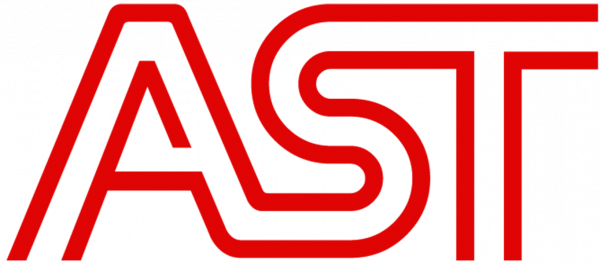6.05.2021 TEPCO study provides recommendations for Baltic States on expansion of renewable energy sources by 2050
As Baltic States prepare to dramatically increase renewable energy production and generate up to 100% electricity from renewable energy sources by 2050, Japanese energy company TEPCO Power Grid Inc. analysed technical measures and economic considerations that need to be tackled. TEPCO’s feasibility study provided recommendations and specified minimum requirements for new converter-based generation in Baltic States. Read more
31.08.2018. Research on Additional Measures and Costs that are Required for the Synchronisation of the Baltic States with Continental Europe
After the assessment of dynamic research results and presentation thereof to the European Commission and ministries of the Baltic states responsible for energy, Poland refused to implement the second alternating current link scheduled on their side and stated that Poland is only ready to implement an additional direct current sea cable between Poland and Lithuania. Read more
21.06.2018. Dynamic Stability Research
In late 2017, the TSOs of the Baltic states and Poland commenced dynamic stability research to analyse the potential expansion of the continental Europe network with the electricity networks of the Baltic states and effect thereof on the networks of continental Europe. The research was conducted by a consultant from Poland – Gdansk Institute of Power Engineering according to the order of the TSOs of the Baltic states and Poland. Read more
31.08.2017 The isolated operation of the Baltic states
The feasibility study on the isolated operation of the Baltic States has been finalised by the end of August 2017. The study has been ordered by Litgrid, AST and Elering, the electricity transmission system operators of respectively Lithuania, Latvia and Estonia, and prepared by the international consulting company Tractebel Engineering S.A. Read more
13.07.2017 Integration of the Baltic States into the EU electricity system: A technical and economic analysis
In the spring of 2017 European Join research center has finalised the study “Integration of the Baltic States into the EU electricity system: A technical and economic analysis”. Upon investigating possible technical and economic scenarios on de-synchronizing the networks of Baltic countries from power systems of Russia and Belarus and synchronizing with networks of Europe, has been concluded that from the technical and economic point of view it would be more favorable for Baltic countries to become synchronized with continental Europe, as it has been stated in the study prepared by the European Join Research Centre and published by European Commission. Read more
17.11.2015 RES perspective in Baltic countries
The purpose of the review is to compare the development policy of power plants using renewable energy sources (RES) in three Baltic countries: 20-20 targets set in Lithuania, Latvia and Estonia, the current measures for the spur of RES integration and the requirements and conditions for the RES integration into the power systems. The review also contains the expert evaluation of the impact of the EU leaders agreement about the climate change targets for 2030 on the power systems in the Baltic countries. Read more
11.12.2013 Synchronous operation study: The Baltic States integration to the EU internal electricity market
The feasibility study on the interconnection variants for the integration of the Baltic States to the EU internal electricity market has been accomplished. The study has been ordered by Litgrid, Augstsprieguma tikls and Elering – electricity transmission system operators of Lithuania, Latvia and Estonia in cooperation with a Swedish consulting company Gothia Power. Read more

